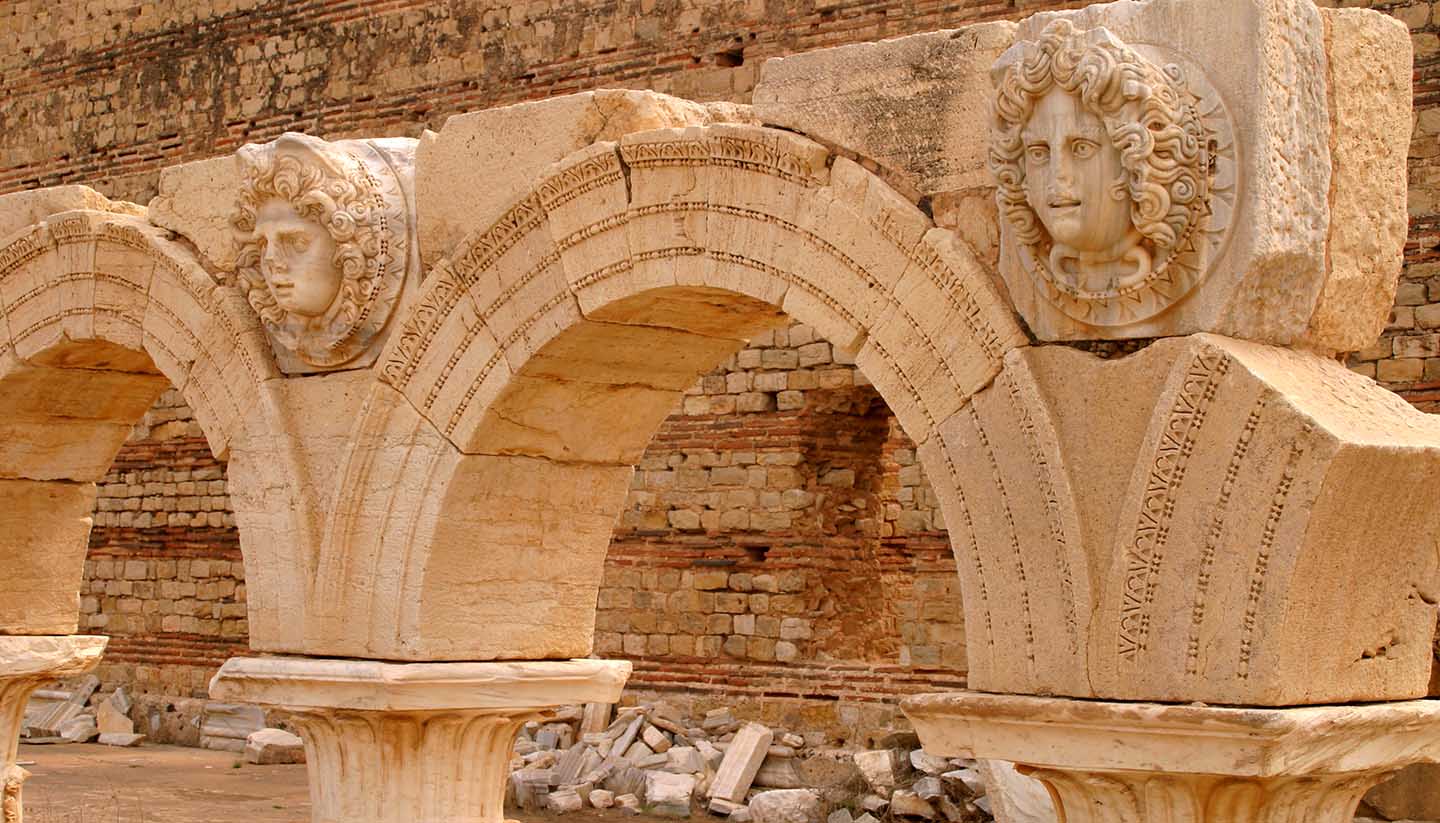Tripoli History
Tripoli was founded in the 7th century BC by the Phoenicians, who gave it the name of Oea. They didn’t stay long, however, and Oea became part of Cyrenaica, a Greek colony that occupied much of modern Libya and Egypt.
Next came invasion from Carthaginians, and by 2BC, the city was firmly under Roman control. They renamed it Leptis Magna and it became the main city in the Roman province of Regio Tripolitana. Leptis Magna flourished, with the Romans building amphitheatres, triumphal arches and palaces on the site.
When the Romans retreated, the Vandals took over, but only managed to stay until 642AD when the Fatmid dynasty began to rule the city from their seat in Cairo.
When they were toppled, Tripoli too fell into Mamluk hands. Later, it became part of the Berber Almohad Empire and of the Hafsids kingdom before being taken over by the Ottomans in the 1600s.
Briefly, it was claimed for Spain in 1510 by Don Pedro Navarro, Count of Oliveto before being assigned to the Knights of St John in 1523, who had been asked to prevent it from being used as a base for piracy. Ousted by Ottoman pasha Turgut Reis in 1551, Tripoli once more became a hub for pirates.
When the Italians invaded in 1911, Ottoman rule ended for good. The Italians took control and later merged Tripoli and its provinces with other Italian holdings in North Africa to create the modern state of Libya.
During WWII, the city was attacked by the British Eighth Army, falling in January 1943 and remaining a British possession until 1951 when it was given independence with the rest of Libya.
A period of rule by the often bizarre and even more frequently bloodthirsty Colonel Gadaffi followed. Today, as a result of the uprising that ousted the Colonel in 2011, Tripoli’s future looks more uncertain than ever.
Did you know?
• Tripoli is nicknamed the Bride of the Sea.
• The Romans erected the Arch of Aurelius in Tripoli in 165 to commemorate victory over the Parthians.
• In the 16th century, King Charles V of Spain gave Tripoli to the Knights Hospitaller in exchange for one Maltese falcon a year.


